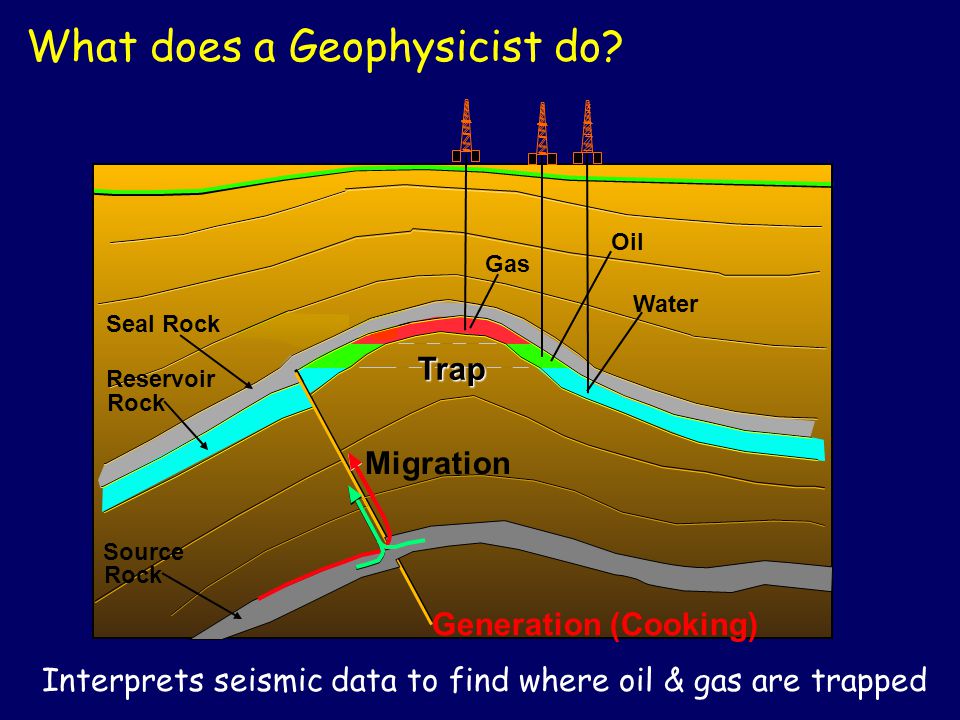All Categories
Featured
Table of Contents
Introducing Geophysical Surveying in Innaloo Western Australia 2022
This work is increasingly contracted out, so consultancies offer another source of work. Consultancy firms differ in size, from very little business to large multinationals. Some consultancies are rather specialised in utilizing specific geophysical techniques or operating in specific areas, while others use a more diverse range of services to their consumers.
The extraction of gas from garbage dump websites is another area of work and this may grow in the future. Expedition business may carry out work for building firms, water companies, mining business and environmental agencies, so geophysicists may be employed in any of these settings. Other employers consist of: geological surveysgovernment bodies and agenciesuniversities and research study institutes.


Jobs may be noted in the oil and gas sector press. Recruitment is affected by oil rate changes and the level of competitors for positions differs depending on this. Careers Days, which cover the full variety of geoscience professions and are normally participated in by a number of key market companies, are run by The Geological Society.
Integrated Geophysical Surveys For The Safety in Bullsbrook Oz 2021
A few of the big oil and gas companies use a complete two-year structured training programme throughout the breadth of geophysics, consisting of the opportunity to experience operate in numerous groups before specialising in one location. Your training might consist of work on: existing wellsmagnetic and gravitational possible field data analysisresearchrock analysis. It's more usual for your preliminary training to be provided on the job.

There may be a probationary duration during which you work together with an experienced colleague. Competency-based appraisals take location frequently in the majority of companies. In smaller sized companies, and for scholastic posts, there is not likely to be any formal training - you'll be anticipated to start work straightaway and choose up skills as you go along.
If you work for a smaller sized company, you might discover that you need to take duty for setting up and funding your own advancement and training. If you have a geology degree, subscription of The Geological Society can be useful for networking and for maintaining to date with the market.
Geophysical Methods Commonly Employed For Geotechnical ... in Yanchep Oz 2022
You may also discover it useful to join the PESGB (The Petroleum Exploration Society of Great Britain, which has a geophysics unique interest group. After a probationary duration, and when you have actually gotten some experience, you might progress to senior geophysicist, then group leader and after that into a senior role in management.
The ease of motion in between roles depends on the company structure. Research study at Masters or Ph, D level in a subject associated to geophysics or geosciences may assist with your profession development and progression. The employment market within the oil and gas industry is very dependent on cost and this may affect your chances for career development.
Nevertheless, not all jobs are reliant on the oil and gas industries. For knowledgeable geophysicists, freelance consultancy offers an excellent path for career advancement. You can also specialise in a particular location of geophysics. As a geophysicist, you're most likely to have numerous jobs throughout your working life. International movement is important for handling peaks and troughs in various nations at various times.
Become An Earthquake Scientist in Guildford Australia 2021
From geophysics, it's possible to focus on seismology (finishing further training to become a seismic interpreter) or to move into associated locations such as engineering geology or risk prediction.
Choosing what to study in college is a hard option. Even if you know that your field of interest depends on science, what program of study is ideal for you? If you make the decision to major in physical and biological sciences and pursue a career as a geophysicist, you're getting ready for an exciting and rewarding occupation.
However the very first step to achieving your objective of ending up being a geophysicist is earning a degree. Even for entry-level positions in the field of geoscience, you'll need a bachelor's degree (a geophysicist college degree) from a recognized college or university. Some research positions need prospects to hold master's degrees and even Ph.
Geophysicist in Scarborough Western Australia 2020
Doctoral degrees are specifically crucial if you plan to teach at a four-year organization. Geophysicists use physics ideas and techniques to study the gravitational, magnetic, and electric fields of the earth. This enhances scientists' knowledge of both the world's interior core and its surface. Geophysicists should have the ability to: evaluate rocks, photographs, and other pieces of information conduct research both in the field and in labs develop maps and charts of their findings compose reports To accomplish all this, trainees need a specialized education for geophysicist careers.
As stated above, you'll require a bachelor's degree in geoscience or a related discipline, such as a physical science or a life sciences, to land an entry-level task. Trainees can also prepare by majoring in subjects like: Biology Chemistry Computer system science Engineering Mathematics Physics The above geophysicist majors use a more generalized technique to a single clinical discipline, however a lot of programs require students to take one or more geology course.
Latest Posts
Geophysical Survey Definition in Bayswater Oz 2023
Geophysical Surveys: Definition & Methods in Ardross Australia 2020
What Is Geophysics And What Do Geophysicists Do? in Maddington WA 2023